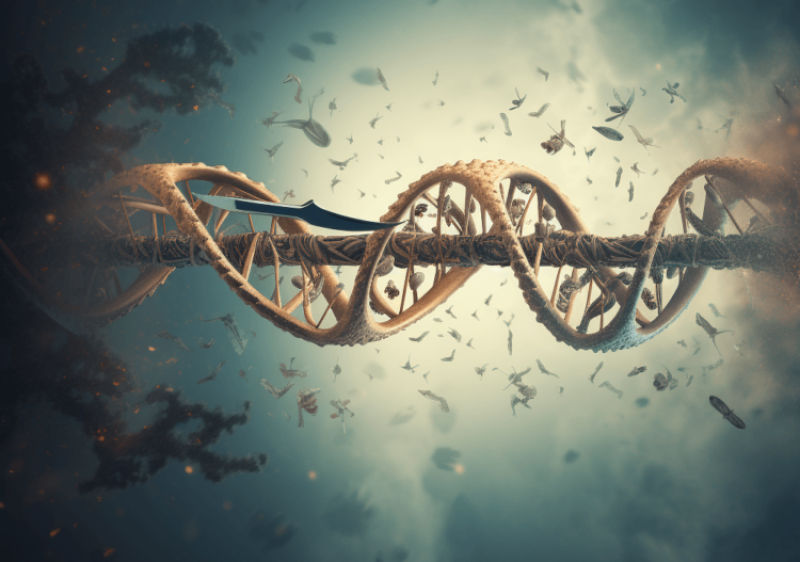CRISPR promised to transform medicine, providing a way to cure a patient of genetic disease by editing the DNA of the affected tissues. That form of editing is known as “somatic”; the changes it introduces are limited to the individual patient. Editing an embryo, by contrast, changes the DNA of the embryo’s future eggs or sperm—its “germline”—causing modifications that will pass down to subsequent generations. As CRISPR became available, a broad consensus emerged among scientists that they should, at least for the time being, resist the temptation to make heritable changes to the human genome. CRISPR was too new and too poorly understood.
Already, two new techniques, base editing and prime editing, have been developed that improve the capabilities of crispr—not just cutting DNA to disable genes but chemically rewriting parts of the genetic code, a process that some liken to a find-and-replace function in a word processor. David Liu, of the Broad Institute of M.I.T. and Harvard, who invented these new techniques, told me, “If progress continues at this remarkable current pace, there will be a point at which people might legitimately ask, ‘Is it unethical to not treat?’ ”































